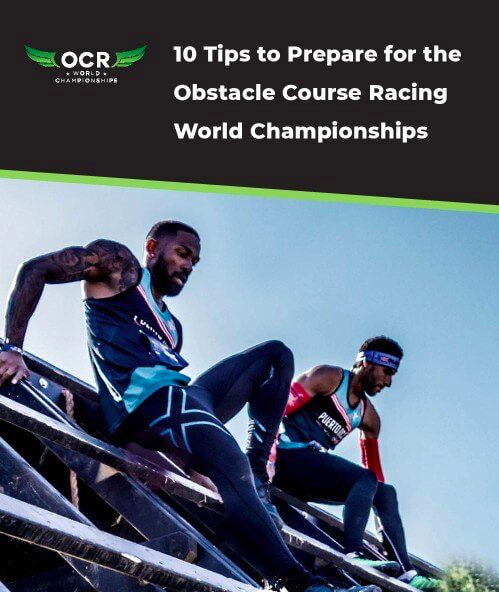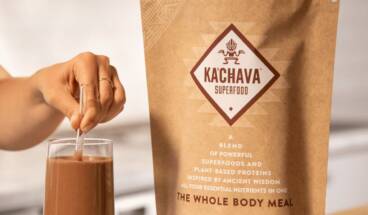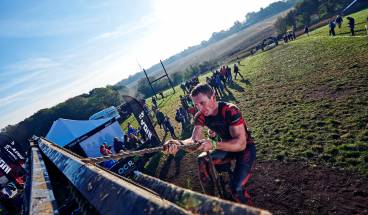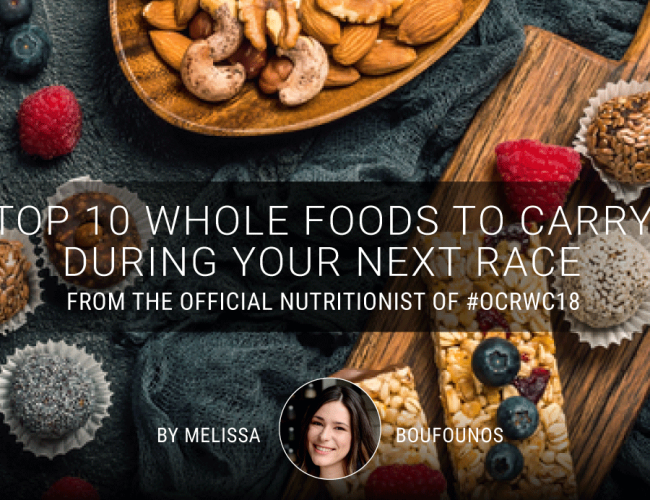
What Should You Eat While Running? 10 Whole Foods to Carry During your Next Race
Wondering what you should eat while running? OCRWC Nutritionist Melissa Boufounos lists her favorite whole foods for fueling up mid-race.
What should you eat while running an Obstacle Course Race? Choosing whether or not you need to pack fuel for a race is dependent on how long you’ll be out on course for. When it comes to an event like Obstacle Course Racing World Championships that involves mandatory obstacle completion, this can slow down the average recreational athlete. If you’re trying to keep your band and you attempt an obstacle multiple times, you could be on course longer than a typical 15 km event.
It’s important to note that during steady exercise at moderate to high intensity, you can burn through your stored glycogen in less than 90 minutes. So, if you’ll be racing for longer than an hour, or there’s a chance you might be, I always suggest carrying some sort of fuel.
While there are hundreds of gel and powder options on the market, many athletes experience gastrointestinal distress or don’t like the taste (or price) that comes with these products. As a Certified Holistic Nutritionist, I look for the most natural options possible that aren’t packed with low-quality ingredients, heavily processed sugars, fillers, artificial colors, artificial flavors or artificial sweeteners.
Here are 10 great whole food options to eat while running an obstacle course race to fuel your next adventure.
1. Coconut Water
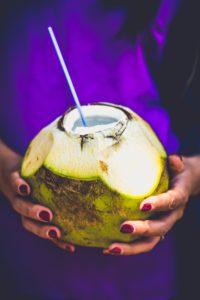
2. Whole Fruit
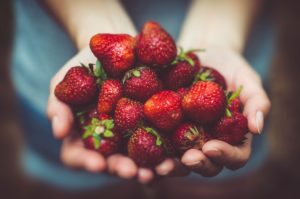
3. Maple Syrup or Honey

4. Dried Fruit

5. Energy Balls
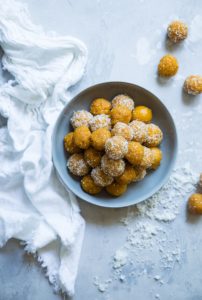
6. Rice
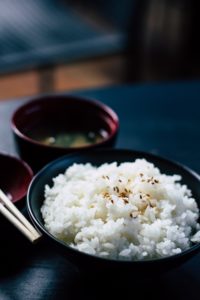
7. Potatoes

8. Pickles and 9. Olives
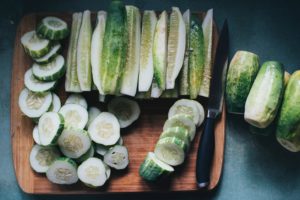
10. Beets
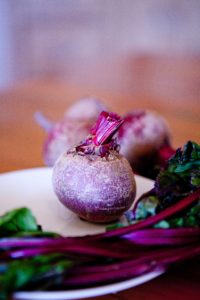
Beets are another source of carbohydrates and several studies have shown that eating whole beetroot can help improve running performance. You could opt for beet juice or a beet powder in your water instead. Ideally, you want to consume beets 60 to 75 minutes before the event to experience the full benefits, but for a longer race it’s not a bad idea to have a few more beets mid-way through.
While eating a bit of fat (about a tablespoon or two) before and after exercise is okay, you should try to avoid eating fats during a race because they are more difficult to digest. When you are running, your digestion is already not functioning optimally, so you don’t want to give your stomach more than it can handle. This is because exercise shunts blood away from the gastrointestinal tract, to the muscles, and raises your core temperature
As for protein, you only need about 5 grams per hour during competition. This is why I carry essential amino acids in my coconut water during races. They are easier to digest in a liquid form.
Of course, all you’re really trying to accomplish is getting enough carbohydrates to not hit the wall and enough fluids and electrolytes to stay hydrated. This could look very different from athlete to athlete and from event to event.
Whatever option you choose, always make sure to test out your fuel and hydration strategies during training scenarios that mimic racing conditions. It’s never a good idea to try something new on race day.
